Severe flooding has significantly reduced rice harvests around the world in recent decades, putting at risk the food supply of billions of people who rely on the grain as a dietary staple. Between 1980 and 2015, annual losses averaged about 4.3, or roughly 18 million tons of rice each year, according to Stanford University research published November 14 in Science Advances.
Scientists at Stanford University discovered that a week of full submergence is enough to kill most rice plants, making flooding a far greater threat than previously understood. This finding has significant implications for global food security, particularly in regions where rice is a staple crop. "Flooding is emerging as a silent but powerful destroyer of global rice supplies," said Dr. Maria Rodriguez, lead author of the study.
The researchers found that intensifying extreme rainfall events may amplify these losses unless vulnerable regions adopt more resilient rice varieties. "We need to develop and deploy more flood-tolerant rice varieties to help farmers adapt to the changing climate," said Dr. John Taylor, a co-author of the study. "This is a critical issue for food security, and we need to act quickly to address it."
Rice is a vital crop for millions of people around the world, particularly in Asia, where it is a staple food for over 3.5 billion people. In countries such as India, Bangladesh, and Vietnam, rice is a critical component of the diet, and flooding has significant impacts on food security. "Flooding has a devastating impact on rice production, and it's not just a matter of economic losses," said Dr. Nguyen Thi Thanh, a rice expert at the International Rice Research Institute in Vietnam. "It's also a matter of food security and livelihoods for millions of people."
The study's findings have significant implications for global food security, and experts are calling for urgent action to address the issue. "We need to work together to develop more resilient rice varieties and to support farmers in vulnerable regions," said Dr. Rodriguez. "This is a critical issue that requires a global response."
In the short term, the impact of flooding on rice yields is expected to continue, with many regions experiencing severe flooding in the coming months. However, experts are working to develop more flood-tolerant rice varieties and to support farmers in vulnerable regions. "We are working closely with farmers, researchers, and policymakers to develop and deploy more resilient rice varieties," said Dr. Taylor. "This is a critical effort that requires collaboration and coordination at the global level."
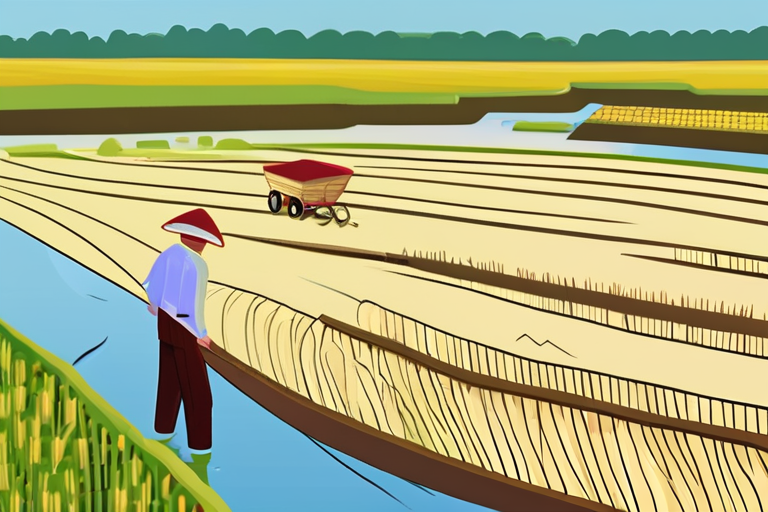



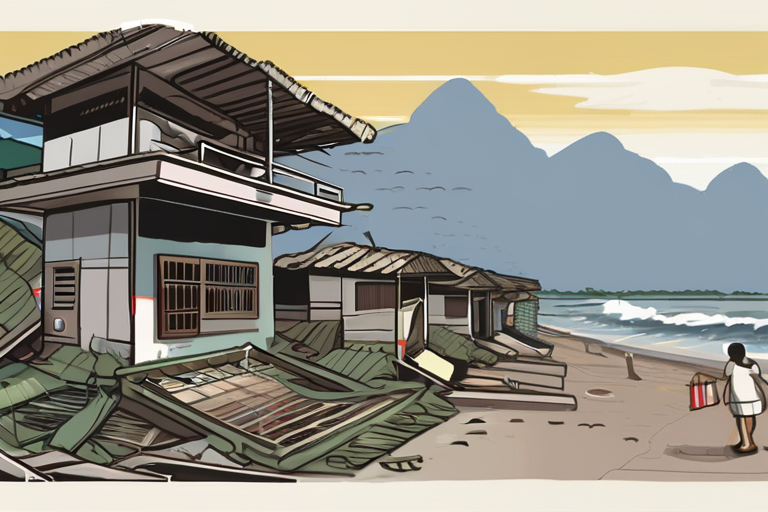
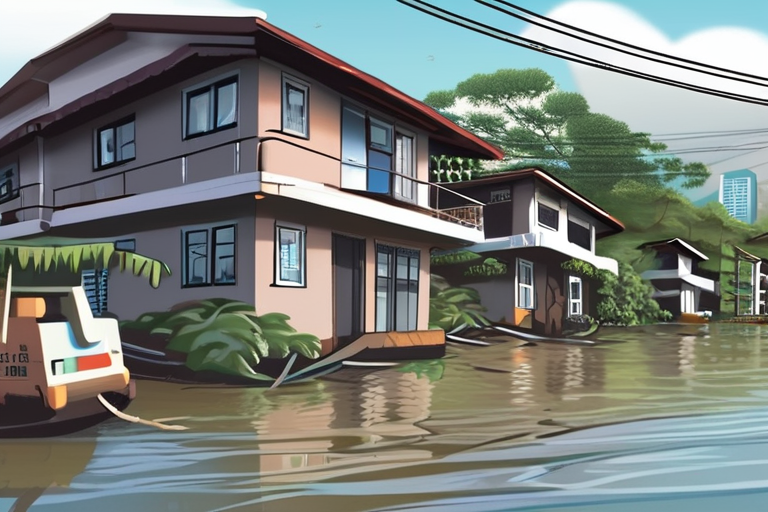
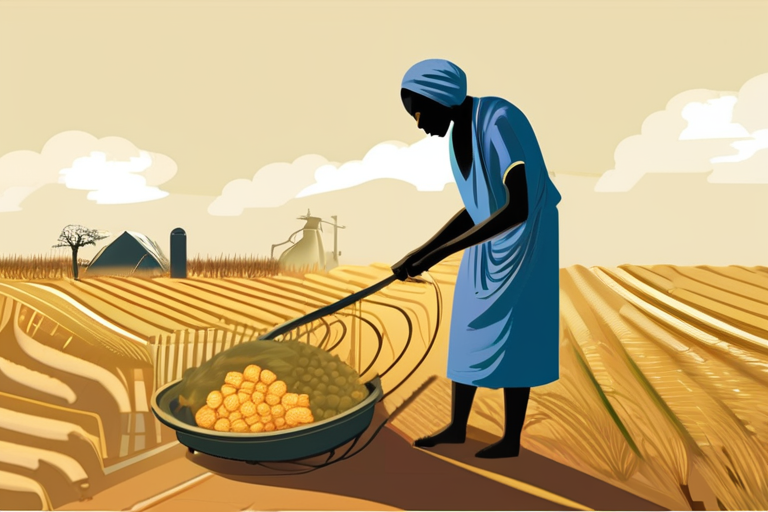

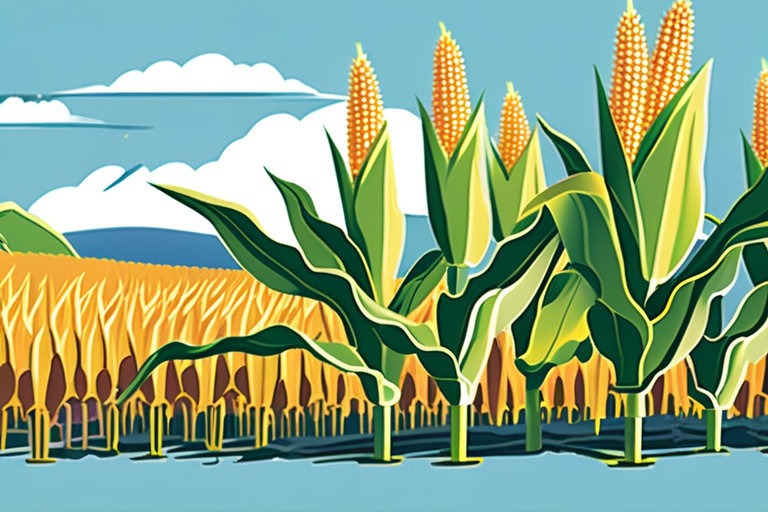

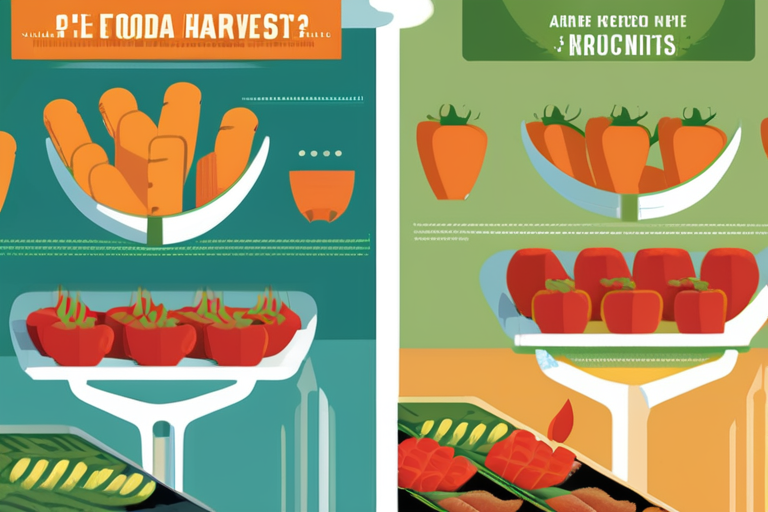

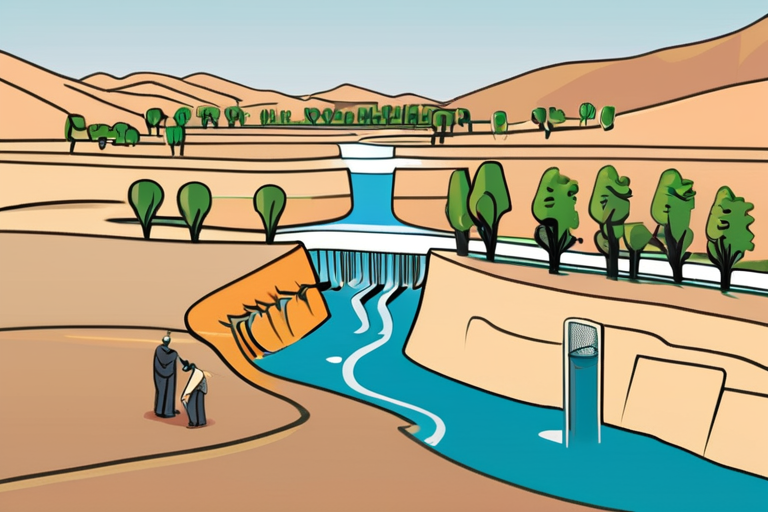
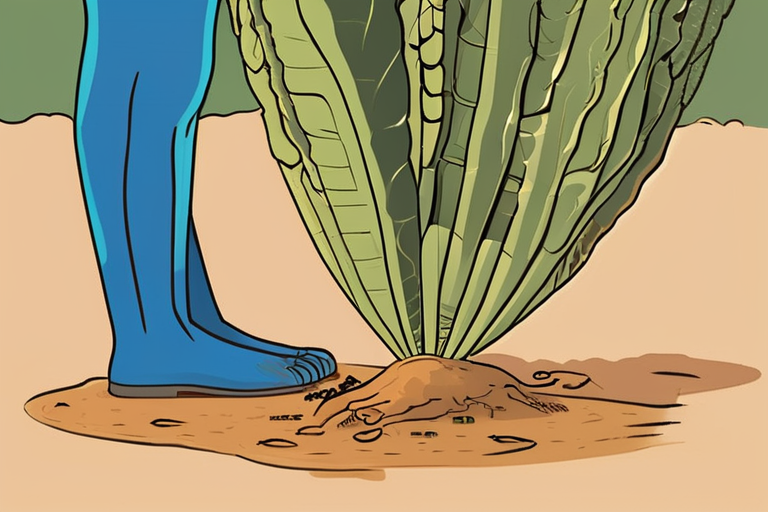



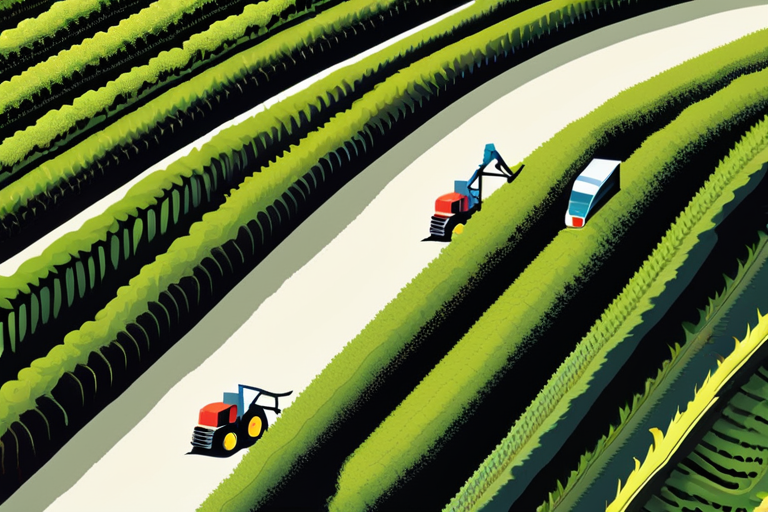
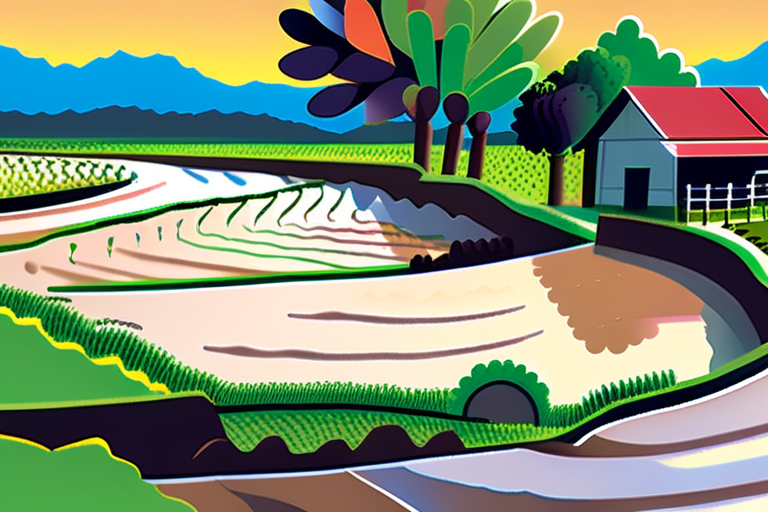
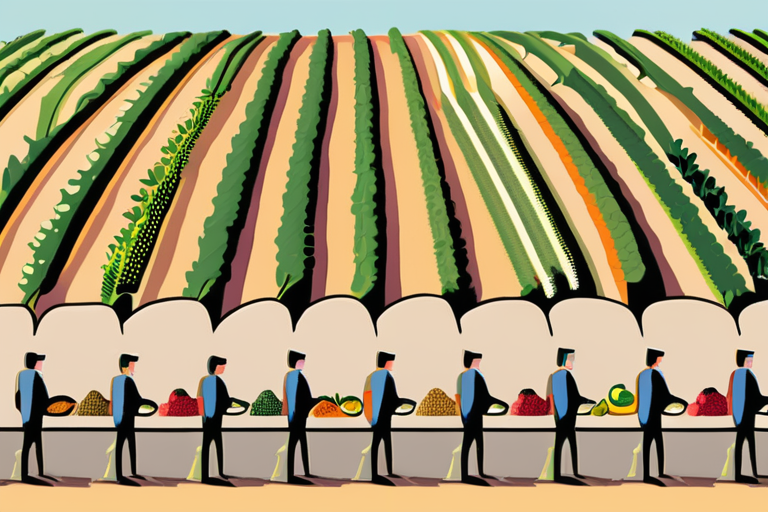


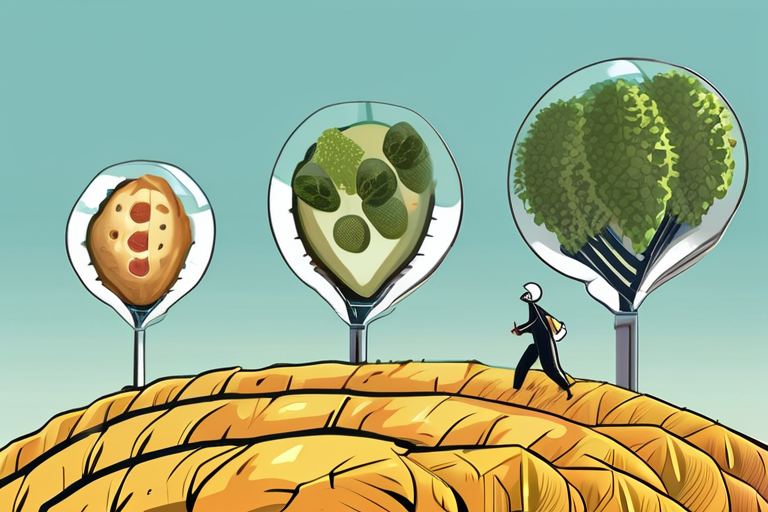




Share & Engage Share
Share this article